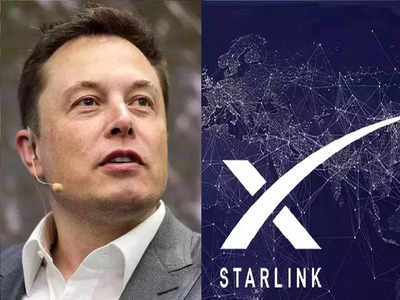
Elon Musk's Starlink satellite internet project loses $85.5 million subsidy from FCC. The funding, part of FCC's Rural Digital Opportunity Fund (RDOF), aimed to bring broadband internet to underserved rural areas. FCC denies subsidy to Starlink, stating it didn't meet necessary criteria and failed basic program requirements. FCC Chairwoman Jessica Rosenworcel emphasizes responsibility to expand access to rural broadband and not fund applicants that fall short. SpaceX expresses disappointment and perplexity, arguing that Starlink is the only viable option for connecting rural and remote areas lacking reliable and affordable internet.
Elon Musk
's ambitious
Starlink satellite internet
project has lost out on a $85.5 million subsidy from the Federal Communications Commission (FCC). The funding, part of the FCC's Rural Digital Opportunity Fund (RDOF), was intended to help bring broadband internet to underserved rural areas in the United States.
Why was Starlink denied subsidy?
The FCC said that Starlink didn’t meet all the necessary criteria and “failed to meet basic program” requirements.
“The FCC is tasked with ensuring consumers everywhere have access to high-speed broadband that is reliable and affordable. The agency also has a responsibility to be a good steward of limited public funds meant to expand access to rural broadband, not fund applicants that fail to meet basic program requirements,” said Chairwoman Jessica Rosenworcel
.
“The FCC followed a careful legal, technical and policy review to determine that this applicant had failed to meet its burden to be entitled to nearly $900 million in universal service funds for almost a decade.”
In a press release, the agency explained that in the Rural Digital Opportunity Fund program, the Commission followed a two-step process which requires applicants to submit a high-level, short-form application for funding which, among other things, does not require the applicant to determine specific areas of service. If applicants receive a winning bid, the process is followed by an in-depth, long-form application used to verify that applicants meet the program requirements based on the specific coverage locations. “The agency qualified Starlink at the short form stage, but at the long form stage, the Commission determined that Starlink failed to demonstrate that it could deliver the promised service,” the agency added.
What Starlink has to say
SpaceX — the Musk company behind Starlink — said that it was “disappointed” and “perplexed” at FCC’s decision. According to a report by The Verge, Christopher Cardaci, head of legal at SpaceX, in a letter write to the FCC, said that “Starlink is arguably the only viable option to immediately connect many of the Americans who live and work in the rural and remote areas of the country where high-speed, low-latency internet has been unreliable, unaffordable, or completely unavailable, the very people RDOF was supposed to connect.”












 English (US) ·
English (US) ·